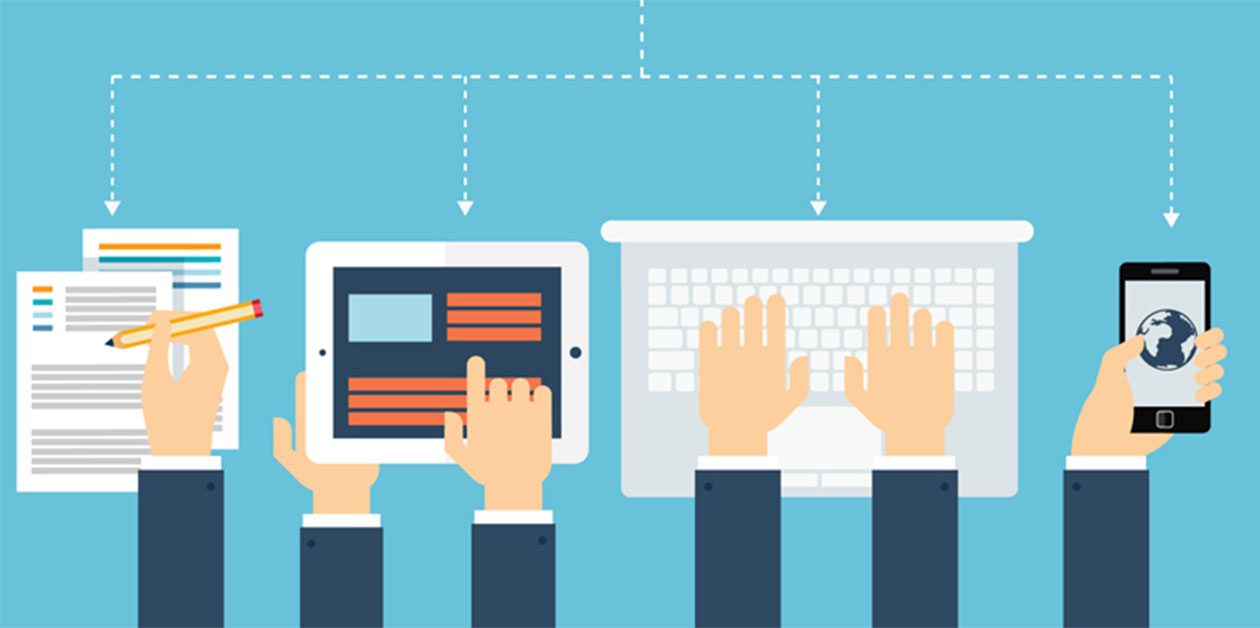Share
Read also
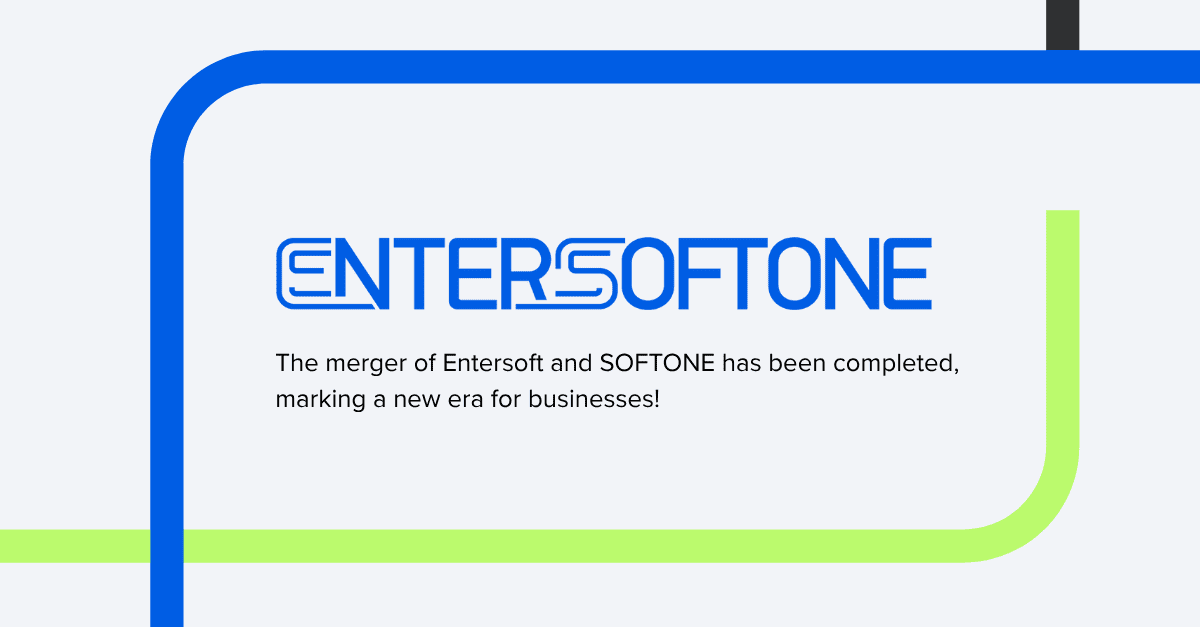
News & Events
ENTERSOFTONE: The merger of Entersoft and SOFTONE has been completed, creating the largest provider of business software products and services in Greece and Southeast Europe.
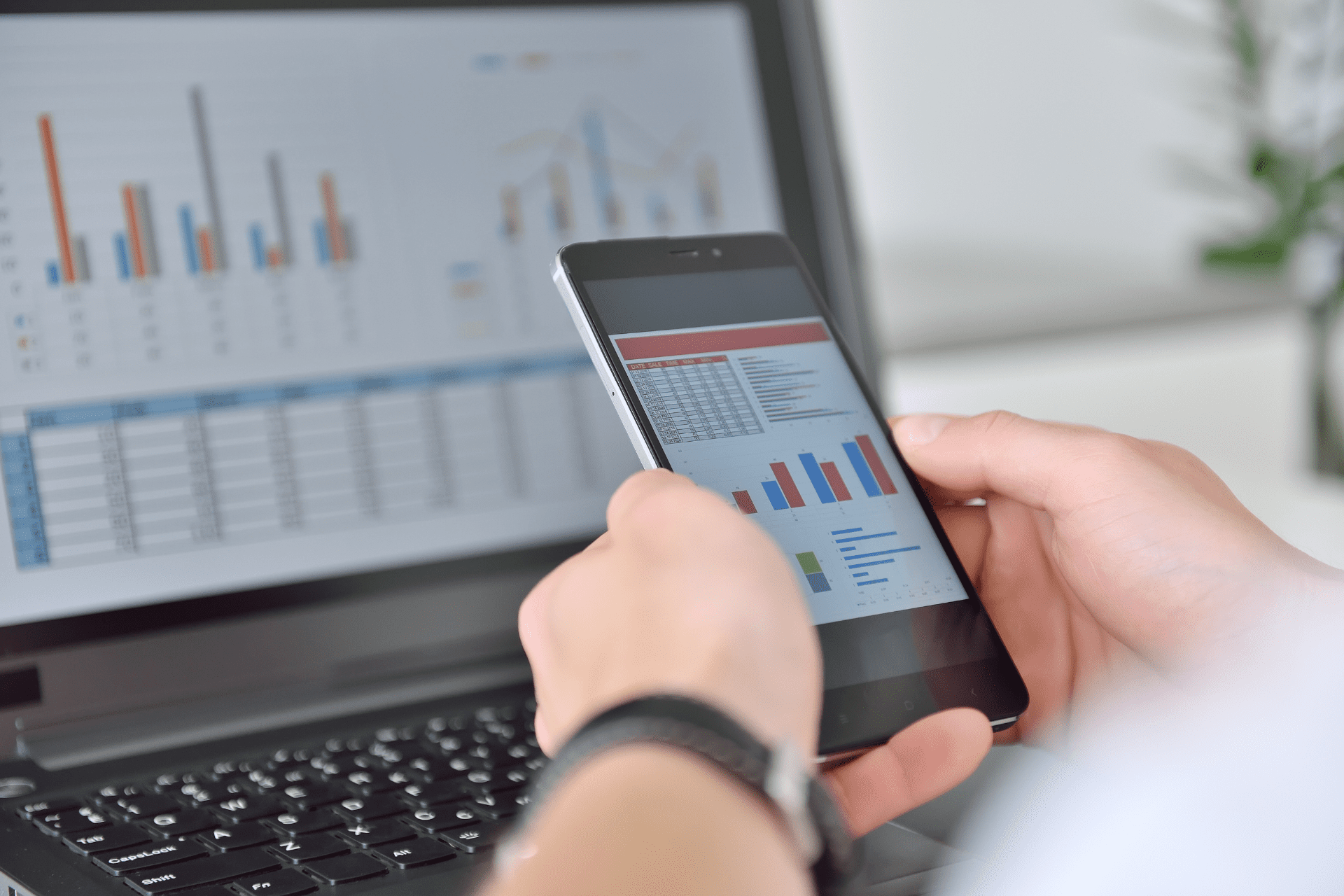
Mobility
Outlook for the BYOD and EM market from 2025 to 2035
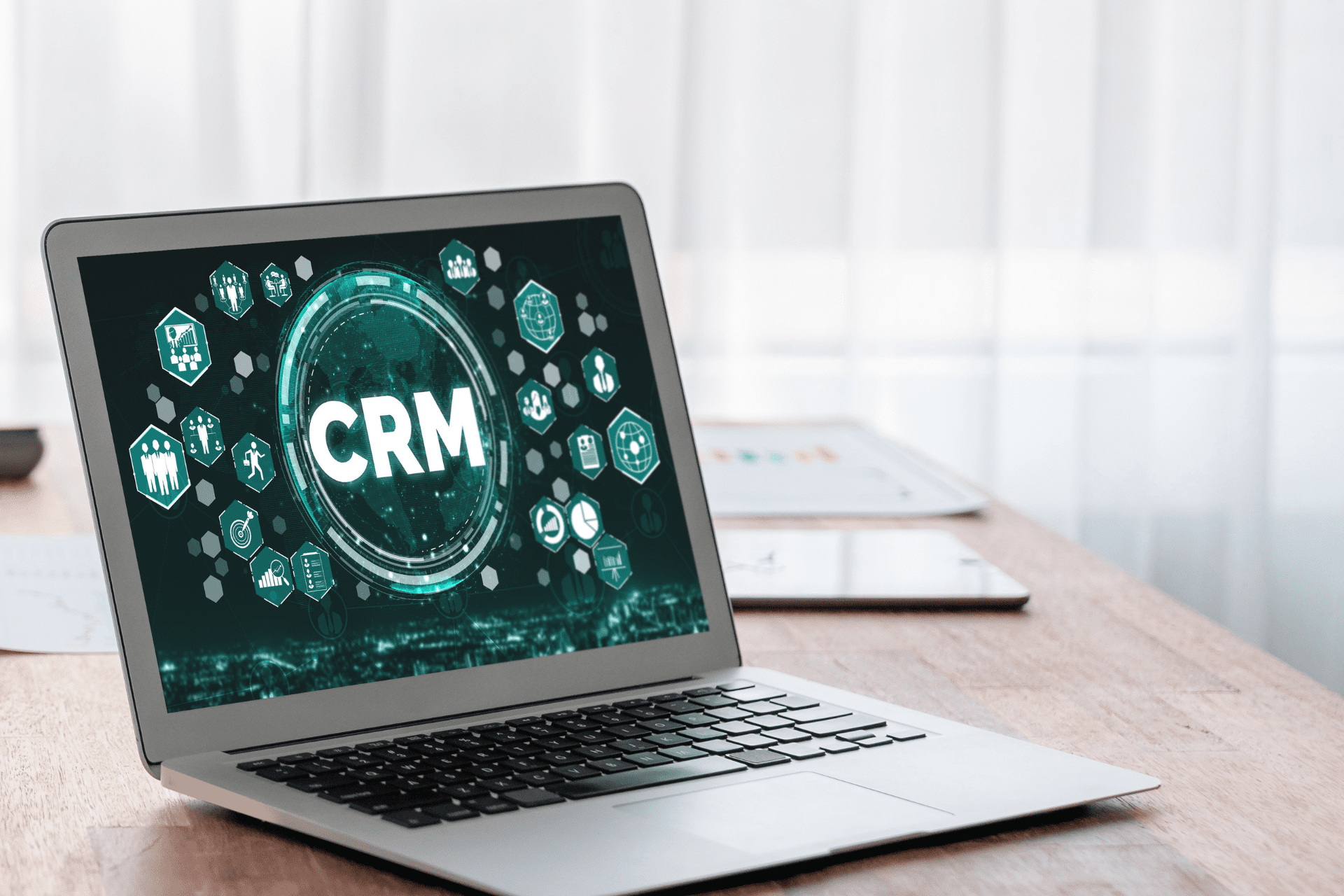
Cloud
The Cloud CRM market will see impressive growth by 2033
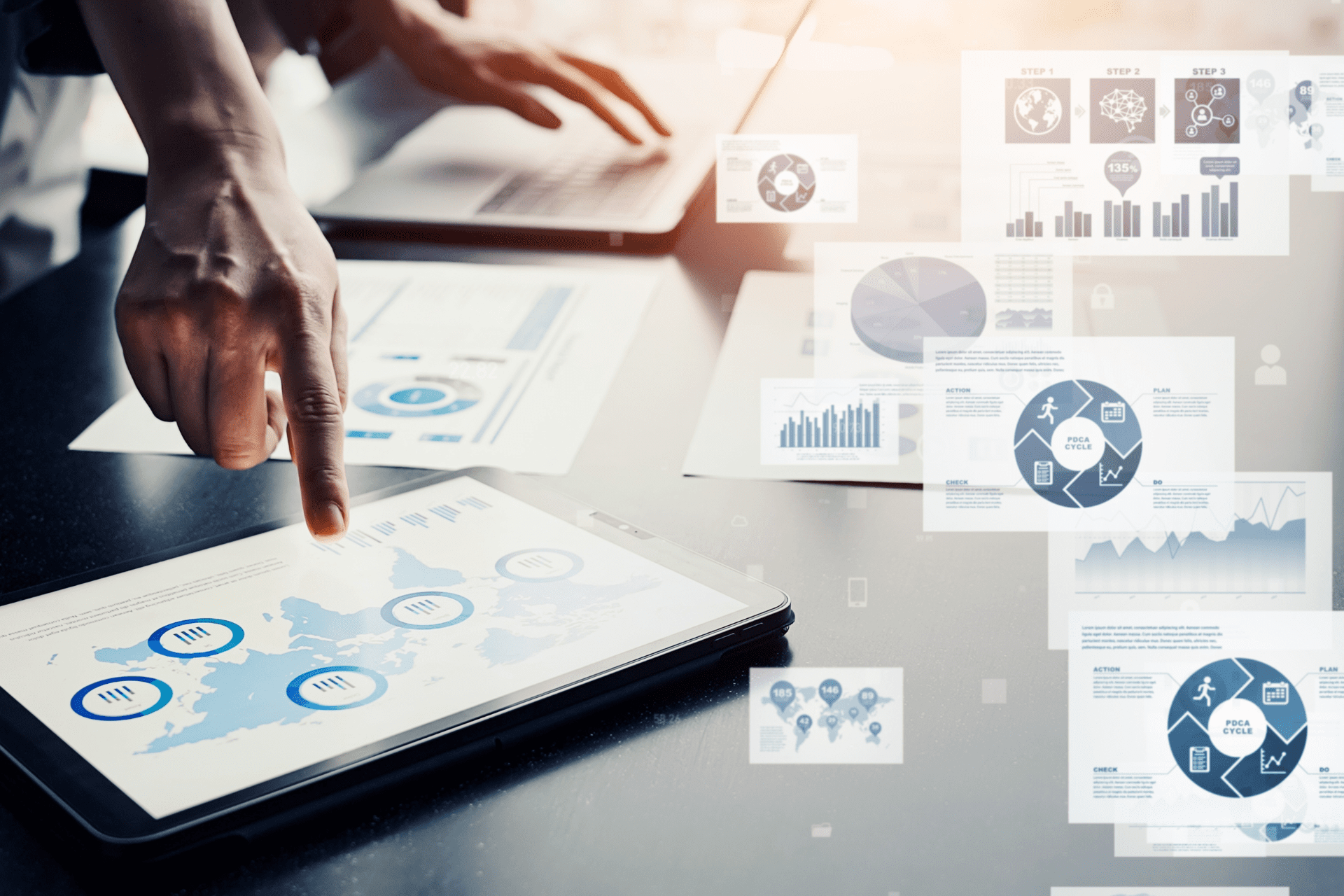
Mobility
Key trends in Sales Force Automation
It is certain that ERP technology has significantly evolved in comparison to the early stages of its existence, and has now turned into a comprehensive ecosystem encompassing the needs of modern businesses. The changes that have been introduced to the characteristics and the notion itself of ERP technology, help us better understand the drastic changes that are taking place today, leading businesses into the future.
As businesses continue to develop, and technology does as well, it is obvious that the abilities of ERP systems do not remain unaffected. Below, you can learn how the current “notion” of ERP is changing and expanding:
The power of mobility
The increasing use of Cloud-based systems entails that businesses have the ability to operate without any disruptions, regardless of their geographical location or time zone. Thus, the time has come for specific population groups -that up to now were kept “out of the picture”- to enjoy improved services. Furthermore, thanks to mobility, employers can now easier find and hire the right human resources for their needs, without being limited by geographical restrictions.
IoT… anywhere
Connected devices will soon be the norm, rather than an exception. Thanks to IoT, all devices will be able to connect to the Internet. Actually, according to relative surveys, it is estimated that by 2020, the number of devices connected to Internet and communicating with each other will be 20 to 100 billion.
The huge amount of information may appear intimidating, but the benefits for businesses will be spectacular. Let us consider, for example, that you need to deliver certain products. You could load the delivery list to your employee’s smart device and, since the computer system in the delivery truck would be able to communicate with the smart device, you could actually manage to plan the best possible route before the truck even leaves your warehouse. Additionally, you would be able to send emails and text messages to your customers, so that they are informed of any traffic issues and/or delays.
IoT has its disadvantages as well, of course, and privacy is one of the factors that should be taken into serious consideration. Another issue could be the huge amount of useless data that could get accumulated. Businesses will have to find a way to store, filter and analyze all this information, in order to render them useful.
SaaS is the future
Traditionally, business data were stored onsite, in a physical server carefully maintained by the IT department. Obviously, the cost of installing such a system and having it maintained by specialized personnel is quite significant. The best alternative to this scenario is offered by Software as a Service (SaaS), which allows you to keep your data on a cloud-based server and access them anytime, anywhere, via Internet. Businesses seem to prefer SaaS solutions, since they are easier to install, access and maintain. Furthermore, SaaS solutions respond better to changes and modifications, while they are also easier to upgrade in comparison to onsite servers.
In a few words, ERP technology seems to respond both to the rapid technology changes that have been taking place in the past few years and the latest demands of the business world. It will certainly be very interesting to see how the trends we described above will come together as a single way of operation during the next few years.


